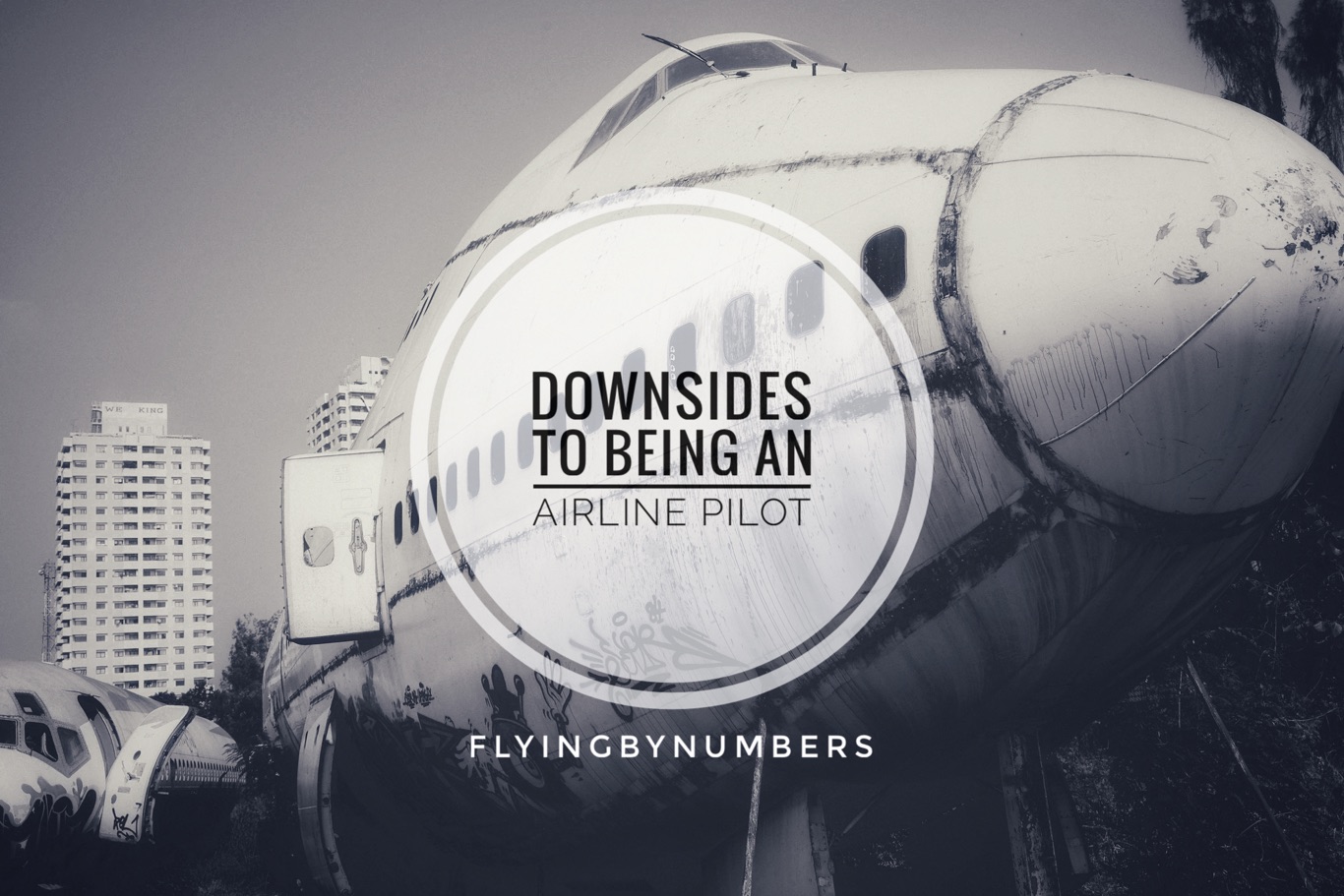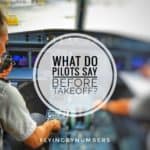Operating state-of-the-art aircraft, travelling the world and being well paid for it. Oh, — and of course, no advert for becoming a pilot would be complete without the tagline “An office with the best views in the world”.
Being an airline pilot may seem like a dream job, but before you rush to sign up for flight school, you should be aware of the downsides. However, in a world of pilot instagram influencers selling the lifestyle, and flight training schools selling expensive training courses, the negatives are rarely talked about!
Interestingly, despite the seemingly perfect job, Airlines are still struggling with a shortage of pilots…
So, why is this? Well, here’s a lighthearted look at seven reasons why you might want to reconsider your dream career path!
The debt mountain
Pilot training is hugely expensive, and loan repayments are a significant financial burden for any newly qualified pilot.
Despite endless puff pieces about diversity and recruiting the best from all backgrounds, airlines spent the last two decades cutting back on all their in-house training as part of cost-cutting measures. Preferring share buybacks to investing in their core business, the modern trainee pilot is expected to be independently wealthy, or in lots of debt!
The crummy thing is that flight training is in this weird grey area where it’s not usually a university education, and it’s not a trade school.
Unless you’ve got six figures in the bank to burn, everyone’s taking out personal loans to do it. Those loans can feature interest rates of 8-10%.
Start doing the math on 10% on a six-figure loan.
Why US commercial pilots are back in short supply — FlightGlobal
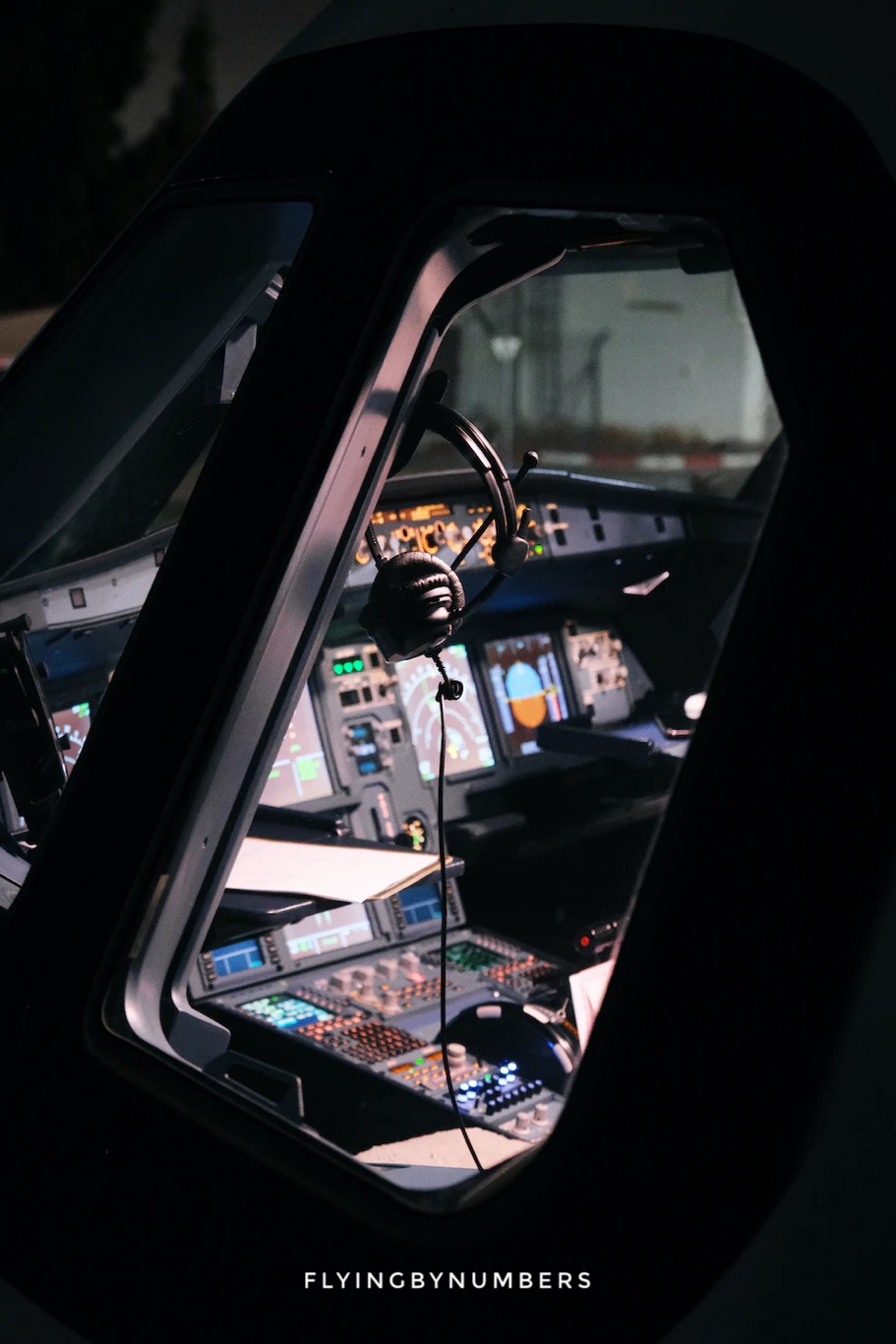
As a highly cyclical industry, requirements to break into becoming a pilot also vary hugely depending on timing. While in 2023, US airlines are so short for jobs the degree requirement is being dropped, in more normal times wannabe pilots often face a complex hiring process.
With immense competition for jobs at the best airlines, there has been a trend towards airlines wanting new pilots to have additional qualifications to stand out from the crowded field of applicants. As a result, to secure a top job at a legacy carrier, you might need to shoulder the debt of a university degree on top of the flying debt.
Your job will disappear (soon)
Automation is rapidly changing the aviation industry, and the role of the pilot is evolving as a result. At Flyingbynumbers, we’re not convinced pilots will be entirely replaced by machines anytime soon, but there’s no denying that technology is driving towards removing pilot input.
Even though it’s unlikely that pilots will be phased out of the cockpit entirely, manufacturers are determined to reduce the number of pilots on the most tiring longhaul flights, as automation takes the strain during the cruise. This might not end your career, but, if implemented, it could drastically change the numbers of pilots airlines require.
That promises savings for airlines, amid uncertainty over the post-pandemic economics of intercontinental flying. But it is likely to encounter resistance from pilots already hit by mass layoffs, and safety concerns about aircraft automation.
Cathay working with Airbus on a single-pilot system for long-haul — Reuters
Even if your job doesn’t disappear, after becoming a pilot, you’ll soon find out many members of the public are largely convinced automated planes will come in tomorrow. (This is despite our struggle with automating anything more complicated than a toaster, numerous automated car accidents, and a wildly high rate of drone crashes).
Pilots are almost certain to hear how the autopilot always lands the plane — and they’ll shortly be made redundant — at virtually every social gathering you’ll ever attend. Loudly.
Sleep struggles
Jet lag and timezone disruption are both huge, and pretty widespread, issues for airline pilots. Particularly, those who fly long-haul routes. This constant timezone changing can have a significant impact on your sleep patterns, both at work, and on your days off back at home.
It’s not uncommon to find pilots sleeping through their first day off, or groggy all day and awake all night.
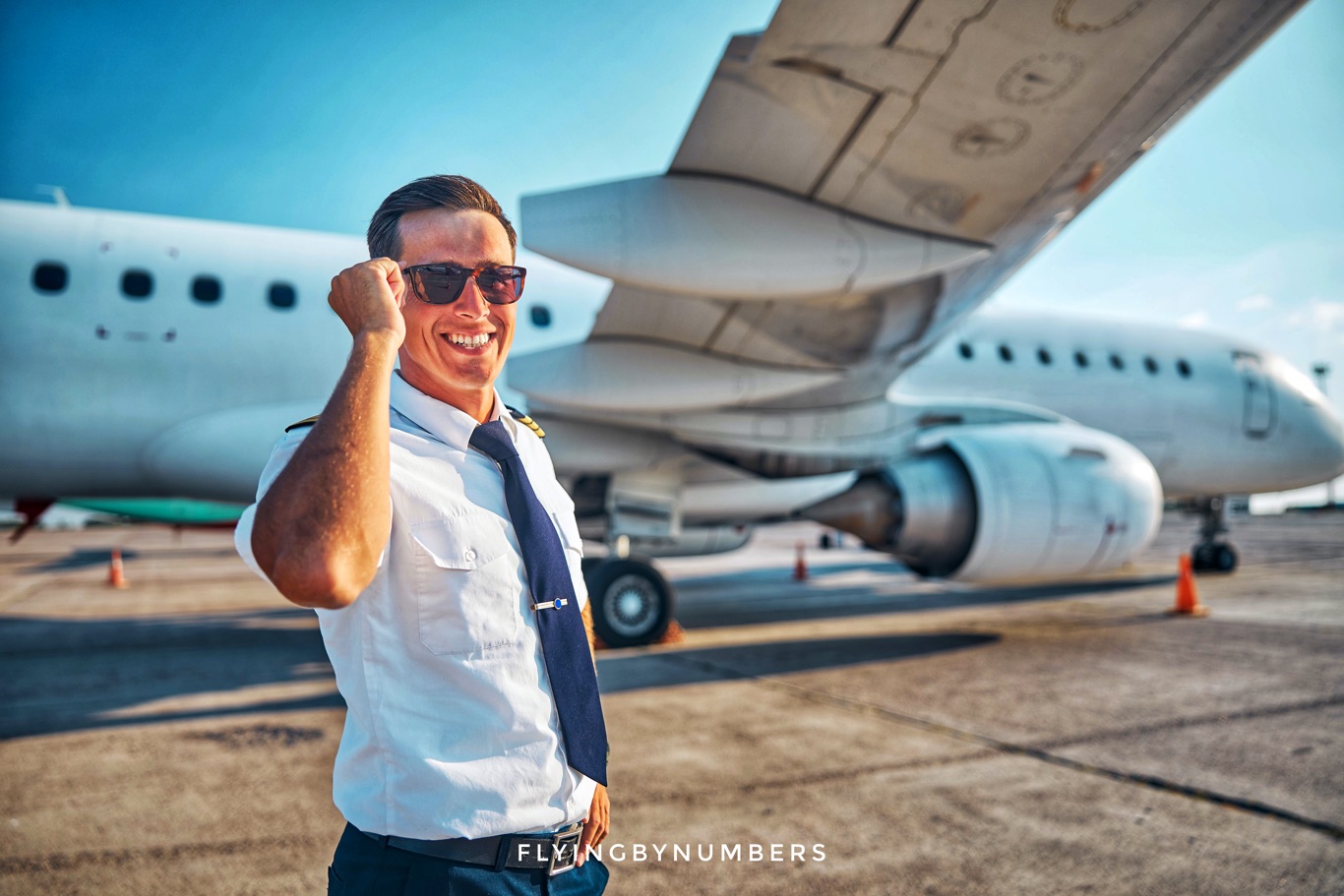
If only you could see behind those glasses…
In addition, the latest research on sleep deprivation and its disastrous health effects continues to mount up. Many of the best-selling books on sleep — such as Why We Sleep or The Circadian Code — have whole chapters dedicated to just how bad longhaul flying is. And, how many years of your life you will lose as a result!
Fortunately for airline pilots — due to the aforementioned increase in automation — you’ll have plenty of time in the cruise to read up on the health problems, including increased rates of heart disease and diabetes, that your job is giving you!
You need luck and timing
In safety critical industries, meritocracy is dead. And, we suppose that’s a good thing. Nobody wants to get on a plane knowing their pilots are competing to be the fastest flyer or to load the least amount of fuel.
On the flip side, without a meritocracy, especially at major airlines, seniority is everything. This means that your career progression will depend on how long you’ve been with the company, rather than your skills or experience.
It doesn’t matter whether your previous flying job involved air-to-air combat in fighter jets, or even landing the space shuttle, if you’re starting out as a pilot, you’ll be at the bottom of the seniority list — known as being junior. That typically means the worst trips and endless standby or “on call” duties, all for the least pay.
During boom times, pilots can shoot up this seniority list, and the junior period is relatively short. But if you’re unlucky enough to be at the wrong place at the wrong time, it could take years before you’re able to move up the ranks and away from endless reserve periods.
Even then, if a major event like 9/11, the financial crisis or even Covid-19 happens, those near the bottom rungs of airline seniority will almost certainly lose their jobs. And you know what that means?
You’ll start all over again from the bottom, and enjoy being a junior once more!
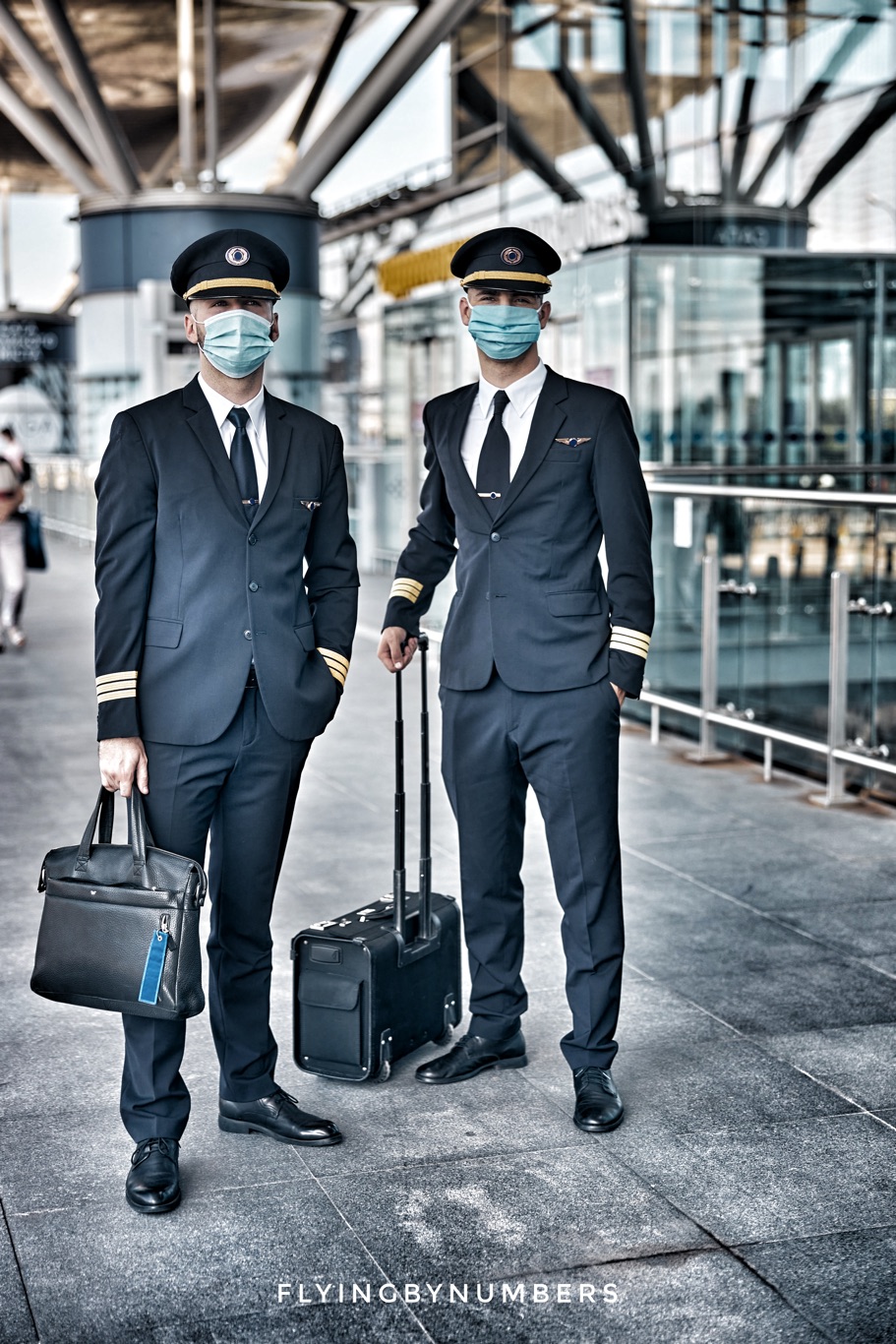
There’s a huge pay disparity
Much is made of the giant six-figure salaries some airline pilots earn. After all, high headline rates are great for everybody… Airlines bosses get to point the finger at their overpaid plane drivers, and flight schools get to use these headline figures in their advertising to encourage students to sign up to ever-increasing training costs.
(Pilots are) Overpaid peacocks and glorified taxi drivers.
Michael O’Leary — Ryanair CEO
Pilot Career Earnings Top $13M, According to Flight School
Pilot Training — FlyingMag
In reality, many pilots are paid significantly less than the numbers that make up news reports. Regional airline pilots, for example, can earn as little as $20,000 a year.
As we have seen, aviation is also a hugely cyclical industry. So, while the highest earners certainly get paid handsomely, they’ve been incredibly fortunate to be in the right place at the right time through their careers to reach the top pay points of the winding seniority system.
For everybody else — especially those with less fortunate timing — there are far more lucrative careers that don’t involve the initial flight training cost, or the dice roll of ending up at a major airline for several decades. Many pilots will have long aviation careers and never get close to the quoted figures for “average” pilot salaries.
Simulator stress
Aside from various check flights in the aircraft itself, airline pilots spend a significant amount of time in full-motion simulators, where they practice emergency procedures and hone their flying skills and decision-making under the watchful eye of training pilots.
There are two main types of simulator package:
- Scheduled training programs in the simulator, which occur when learning to fly a new aircraft, or if an airline’s aircraft has a fleet upgrade that needs training.
- Secondly, and significantly more frequent, recurrent simulator checks required by all pilots to maintain proficiency
To maintain their pilot’s licence, pilots will spend 2 full days every six months in the sim being trained and examined. Known as recurrent training, this six monthly check occurs from the moment they pass flight school until the day a pilot retires.
Often referred to by line pilots as “putting your mortgage on the line”, recurrent simulator training can be a stressful experience.
Pilots are put in increasingly complex scenarios, with bad weather and multiple failures of the aircraft, to ramp up their stress levels and see how they perform under intense pressure.
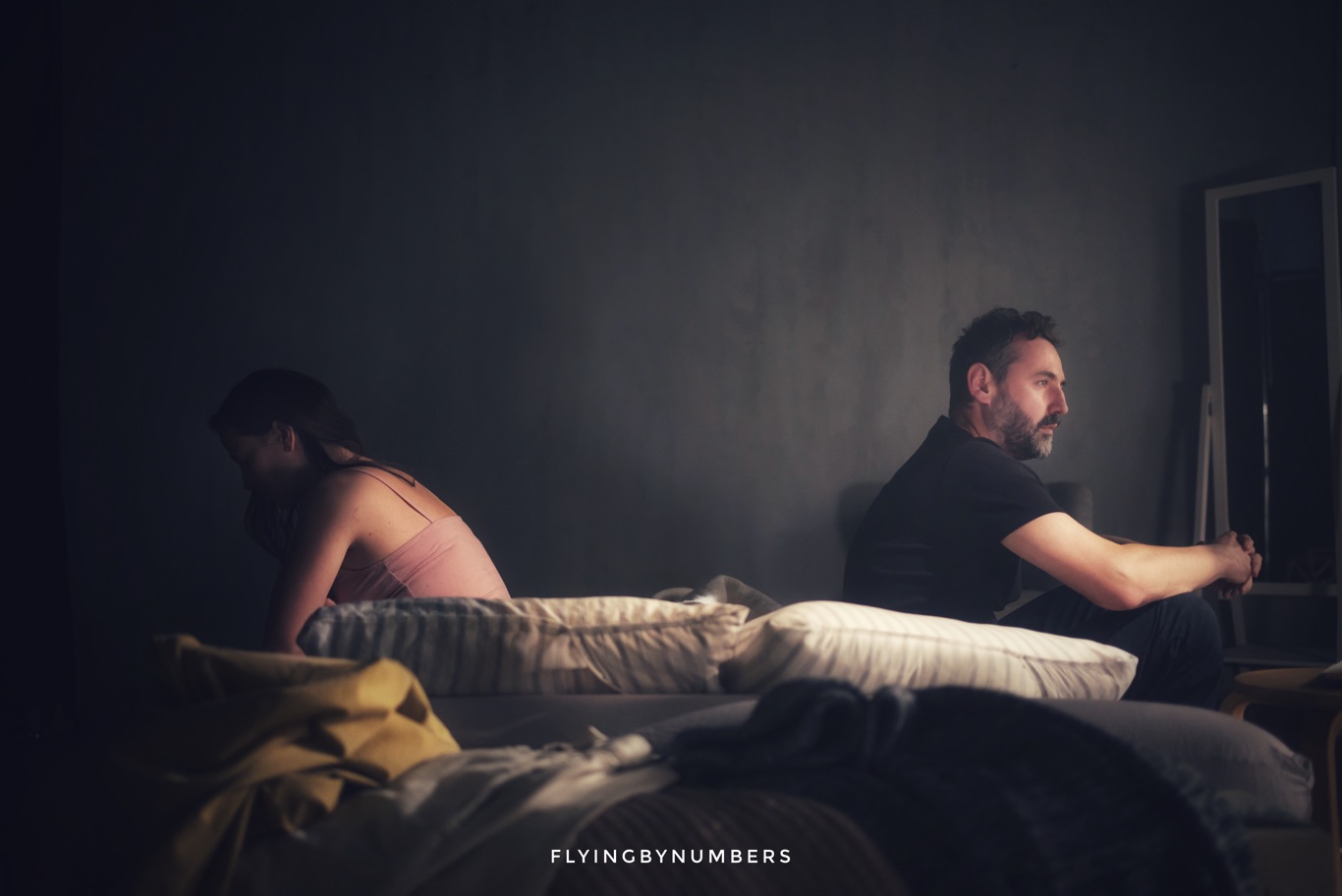
Pilots shouldn’t worry, though. The penalties for failing include going back into the sim, under more pressure for mandatory retraining, or losing your licence entirely and potentially your job. Everything is logged, and this record will be carried with you throughout your career.
No wonder the sim is regularly described as a pilot’s worst fear!
A demanding lifestyle
The upsides to a job involving 24/7 global travel are highly publicised. Winter sunshine, lounging on beaches, nice crew hotels, and plenty of socialising fill the instagram accounts of pilot influencers across the world. But behind the facade, the downsides to continuous travel are frequently glossed over.
On the subject of precarious relationships, the aviation industry in general has wafer thin margins, frequently expanding and contracting with any economic disturbance, anywhere in the world!
During expansion, pilots can look forward to packing up their home life and convincing the family to move to the other side of the country, or even the other side of the globe, as new bases open up.
It’s actually a very up-and-coming part of rural China
Newly “promoted” airline pilots

During global downturns or contractions, job security can add another layer of stress, with mass layoffs, furlough and enforced part-time working the norm.
Summary
If you survive the mountain of debt, jet-lag, frequent base moves, and health risks, you too can have a long and prosperous career as an airline pilot. (As long as you’re very lucky, and you join the right airline at the right time…)
Here you can spend many boring hours in the cruise, waiting for your job to be automated, and worrying about your next simulator check!
Okay, in all seriousness, it’s not that bad. And, airline pilots have “the best view in the world” remember? (When they aren’t on furlough).
However, in-between all the moaning, there is a serious point.
Becoming an airline pilot may seem glamorous, but it’s important to consider the downsides before committing to this career path. From the high-cost initial cost of training to the potential impact on your personal life, there are many factors to weigh up.
The job isn’t for everyone. And as a career often glamourised, the negatives are quickly glossed over. Ultimately, only you can decide whether the rewards outweigh the risks.
